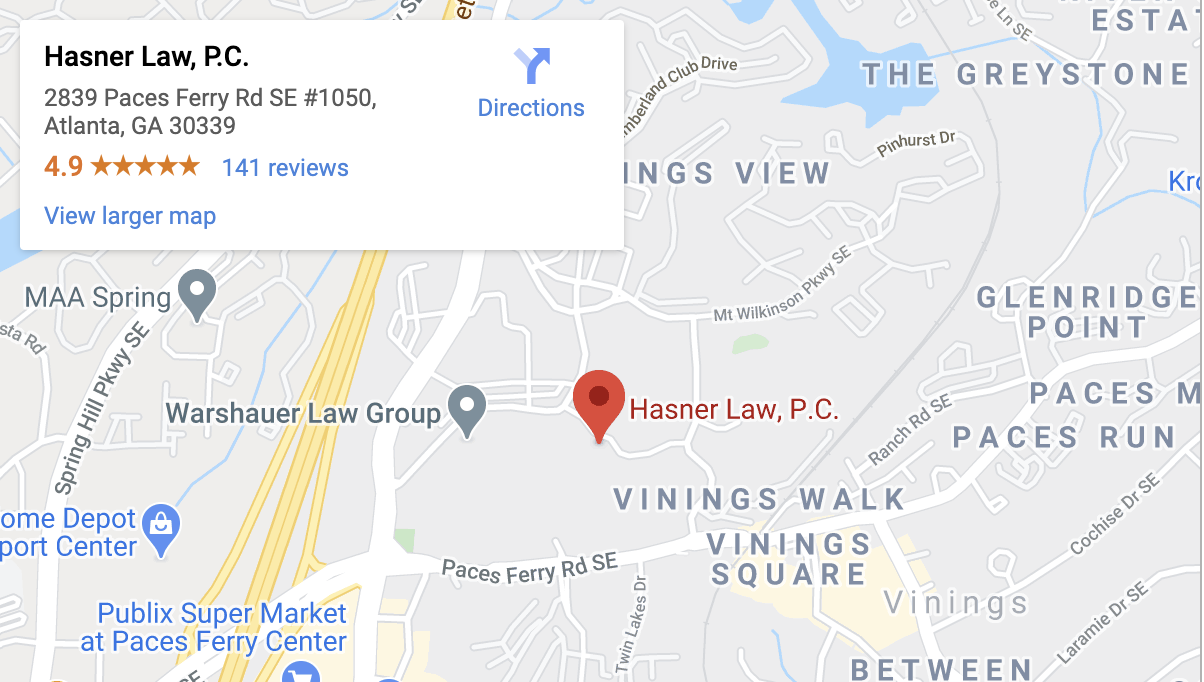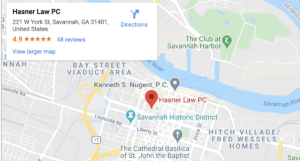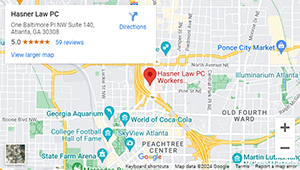Understanding the Statute of Limitations and Your Personal Injury Case

You may have the right to file a lawsuit if you’ve suffered an injury because someone else was negligent. However, if you want compensation for your medical bills, lost wages, and suffering, you’ll have to take action before the statute of limitations that applies to your case runs out.
What’s a statute of limitations? Think of it as a countdown timer that begins the moment you’re involved in an accident or sustain an injury.
All types of personal injury cases are subject to statutes of limitations. Motor vehicle accidents, medical malpractice claims, wrongful death claims, product liability claims, and premises liability claims are just a few of the examples of cases where a statute of limitations will apply.
You have to file a civil lawsuit for damages before time runs out. If you don’t, you forfeit the ability to hold those responsible for your injuries financially accountable.
What’s the Statute of Limitations for Negligence Actions in Georgia?
Under O.C.G.A. § 9-3-33, the statute of limitations for most personal injury lawsuits in the state of Georgia is two years. The two-year window begins to run when the “right of action accrues.”
In simple terms, this just means that the two-year countdown begins when an accident happens or when you should have been aware that you’ve gotten hurt.
The two-year statute of limitations does not necessarily apply to all personal injury lawsuits. The time limit for your case might be different, depending on the cause of action and what type(s) of damages you’re seeking.
Here’s a brief overview of what the statute of limitations might be for your personal injury lawsuit in Georgia:
| Type | Statute of Limitations | Begins to Run | Statute of Repose | Georgia Code |
|---|---|---|---|---|
| Auto Accidents | 2 Years | Date of Accident or Injury Discovered | No | § 9-3-33 |
| Wrongful Death | 2 Years | Date of Death | No | § 9-3-33 |
| Product Liability | 2 Years | Date Injury Discovered | Yes, 10 Years | § 51-1-11 |
| Premises Liability | 2 Years | Date of Accident or Injury Discovered | No | § 9-3-33 |
| Medical Malpractice | 2 Years | Date of Malpractice or Injury Discovered | Yes, 5 Years | § 9-3-71 |
| Assault | 2 Years | Date of Assault | No | §9-3-33 |
| Property Damage | 4 Years | Date of Injury | No | § 9-3-71 |
| Loss of Consortium | 4 Years | Date of Injury or Death | No | § 9-3-33 |
| Workers’ Compensation | 1 Year | Date of Accident or Injury Discovered | No | § 34-9-82 |
While these are generally the time limits that apply, there are circumstances that could mean you have more – or even less – time to act.
What’s a Statute of Repose?
You might have noticed that some cases – product liability and medical malpractice – have something called a “statute of repose” that applies. Think of it as an extra statute of limitations. In cases involving injuries sustained as a result of medical negligence or defective products, the statute of limitations doesn’t necessarily begin until the victim discovers an injury and links it to the malpractice or harmful product.
The statute of repose is a hard limit on the amount of time a person can file a lawsuit, regardless of whether or not an injury is discovered in that period of time. It’s a way of preventing someone from filing a lawsuit years or decades after an injury is inflicted.
The statute of repose for product liability lawsuits is 10 years – meaning no claims can be filed more than 10 years after a product is first sold.
The statute of repose for medical malpractice lawsuits is 5 years – meaning an injured patient has a maximum of 5 years after receiving medical care or services to bring a negligence action against a healthcare provider in the state of Georgia.
Time Limits For Filing a Personal Injury Lawsuit Against the Government Are Accelerated in Georgia
You usually can’t sue a government entity in the state of Georgia thanks to something called “sovereign immunity.” However, there’s an exception to this rule. If you’re injured because a government entity or employee is negligent, this protection doesn’t apply.
But personal injury lawsuits involving the government are subject to different rules and procedures. Most notably, you’re required by law to file a special administrative claim with the government agency itself before you can file a lawsuit in civil court.
You’ll have a matter of months – not years – to file your administrative claim. The length of time you have depends on what type of governmental agency you’re claiming is responsible for your injuries. For municipalities, like the city of Atlanta, you’ll have 6 months from the date you get hurt. If you want to hold a county or the state accountable, your statutory window is just one year.
| Defendant | Statute of Limitations | Georgia Code |
| Municipality (e.g., Atlanta, Savannah) | 6 months | § 36-33-5 |
| County (e.g., Fulton County) | 1 year | § 36-11-1 |
| State | 1 year | § 50-21-26 |
It can be difficult to navigate any personal injury case, particularly one that involves the government. Hiring an accident attorney can help to ensure that you have the best strategies in place to get the money you deserve, and that your claim is filed within the necessary timeframe.
Tolling the Statute of Limitations in a Georgia Negligence Case
Sometimes the statute of limitations can be tolled if certain circumstances apply to your specific case. Tolling means that the time limit is quite literally paused because of an extenuating circumstance.
Reasons that the statute of limitations might be tolled in a Georgia personal injury case include:
- The defendant is out of the state or can’t be located and served with a lawsuit (§ 9-3-94)
- The defendant is actively facing criminal charges related to the cause of action (§ 9-3-99)
- The injured party is under the age of 18
- There’s a delay in the reasonably discovery of an injury or cause of the injury
- An accident victim’s estate has no personal representative assigned (§ 9-3-92).
The statute of limitations begins to run once the tolling factor is no longer an issue.
Why Does Georgia Have Statutes of Limitations for Personal Injury Cases?
There are many reasons why statutes of limitations exist. Some reasons legislators enacted statutes of limitations for personal injury cases include:
- Encourages victims to litigate matters before the memories of witnesses begin to fade
- Prevents defendants from being in a position of defending a claim after evidence might have disappeared or deteriorated
- Forces a plaintiff to resolve disputes timely
- Statutes of limitations also help prevent courts from being overloaded with cases

All states, including Georgia, have statutes of limitations for most causes of action. The deadlines for filing lawsuits vary by state. The deadlines also vary by type of case.
Therefore, it is wise to talk with a team of personal injury attorneys in Atlanta as soon as possible after an injury.
Your personal injury attorney calculates the deadlines for filing claims and lawsuits in your case. The attorney monitors these deadlines throughout your case to protect your right to pursue legal remedies for a personal injury claim.
File Your Personal Injury Lawsuit on Time to Get the Compensation You Deserve
Do not miss the deadline that applies to your particular personal injury case. If you do, your claim will be void and you will lose the right to seek damages from those responsible for causing you to get hurt.
The best way to ensure that you don’t miss out on compensation because of a procedural error is by getting an Atlanta personal injury attorney involved as soon as you’ve been in an accident or discover an injury.
Your lawyer will analyze your case, determine the time limit that applies, and work to get your claim filed within the appropriate timeframe so that you can seek the money you deserve.






